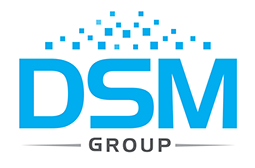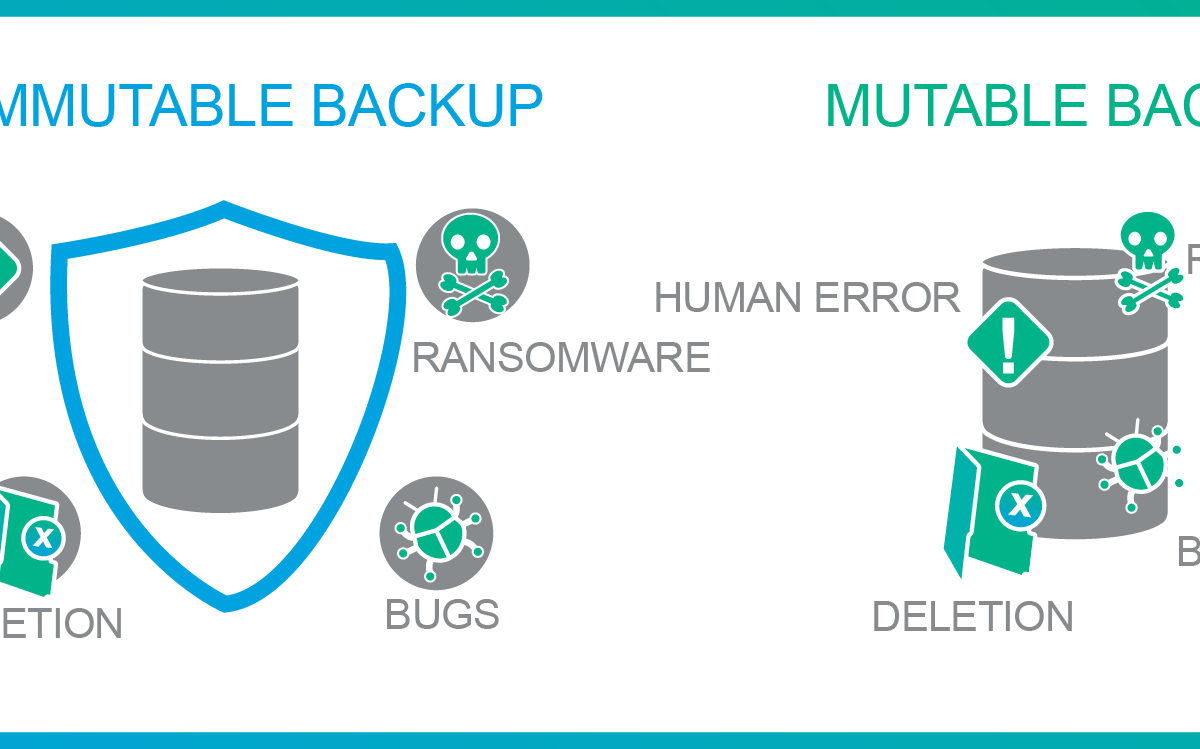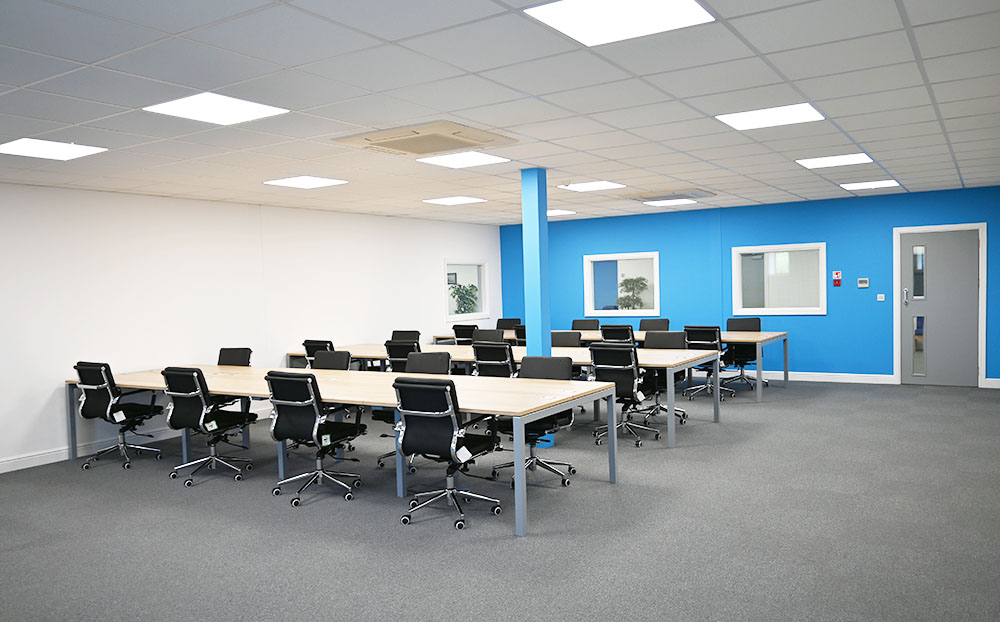In observance of Business Continuity Awareness Week, the spotlight on effective continuity planning has never been more intense. This focus is essential as businesses face an increasingly unpredictable global landscape. Leveraging the deep expertise of John Morton, a seasoned business continuity consultant, this article is designed for industry professionals committed to building resilient organisations. Here, we provide a detailed exploration of how to integrate robust business continuity strategies into your company’s operational blueprint.
Defining Business Continuity in Modern Enterprises
At its core, business continuity planning (BCP) prepares an organisation to maintain essential functions during and after a crisis. John Morton articulates that “true business continuity encompasses preemptive actions and strategies that ensure continued operations, irrespective of external disruptions.” Such a proactive approach is vital for protecting stakeholder interests, sustaining customer trust, and maintaining a competitive edge.
Strategic Implementation of Business Continuity
1. Comprehensive Risk Assessment and Impact Analysis
Starting with a robust risk assessment and business impact analysis (BIA) is essential, according to John Morton. “Each business must identify specific threats that could significantly impact its operations, including digital, physical, and logistical vulnerabilities,” he advises. The BIA aims to quantify the effects of various threats on operational aspects, financial performance, and corporate reputation, thereby prioritising critical areas for intervention.
2. Developing Tailored Mitigation Strategies
Once risks are identified, Morton recommends developing bespoke strategies to mitigate these effectively. Strategies might include enhancing IT infrastructure for cyber resilience, restructuring physical assets for disaster readiness, or diversifying suppliers to mitigate dependency risks. He emphasises that each strategy should align with the company’s risk profile and long-term strategic objectives.
3. Detailed Continuity Plan Development
Creating detailed business continuity plans involves outlining response procedures for various scenarios. These plans should clearly define roles and responsibilities, communication protocols, and recovery time objectives (RTOs). Morton highlights the necessity of these plans being meticulously documented and easily accessible to ensure swift and efficient responses when required.
4. Training, Testing, and Employee Engagement
Morton states, “Effective implementation of continuity plans hinges on thorough training and regular testing.” It’s crucial that all relevant personnel are not only aware of the plans but also proficient in executing their roles under different crisis scenarios. Regular drills and simulations assess the robustness of the plans and identify areas for improvement.
5. Continuous Review and Adaptation
Business continuity is a dynamic component of business strategy that requires regular updates and reviews as business environments and threats evolve. Morton advocates for a structured review process that incorporates feedback from drills, real incidents, and shifts in business operations or strategy.
John Morton’s insights provide industry professionals with a comprehensive framework for embedding resilience into their organisations. By prioritising detailed risk assessment, strategic planning, and continuous improvement, businesses are better positioned to not only withstand unexpected disruptions but also thrive amidst them. As Morton succinctly puts it, “In today’s volatile business landscape, preparedness is synonymous with success.” Through such preparedness, businesses can ensure continuity, safeguard their interests, and secure a sustainable future.
Author: John Morton





